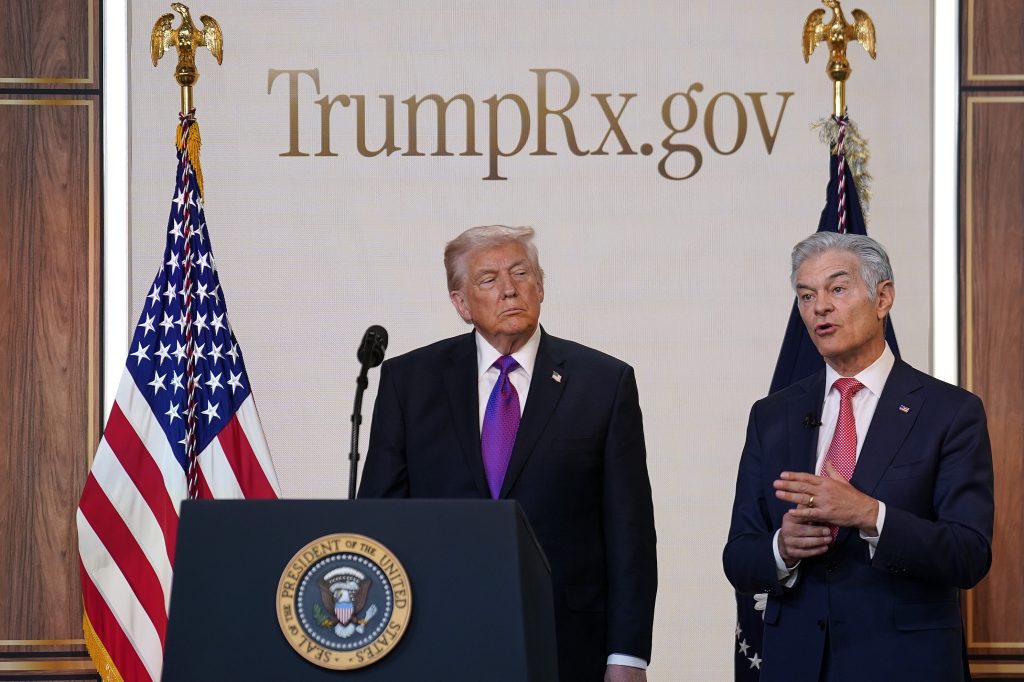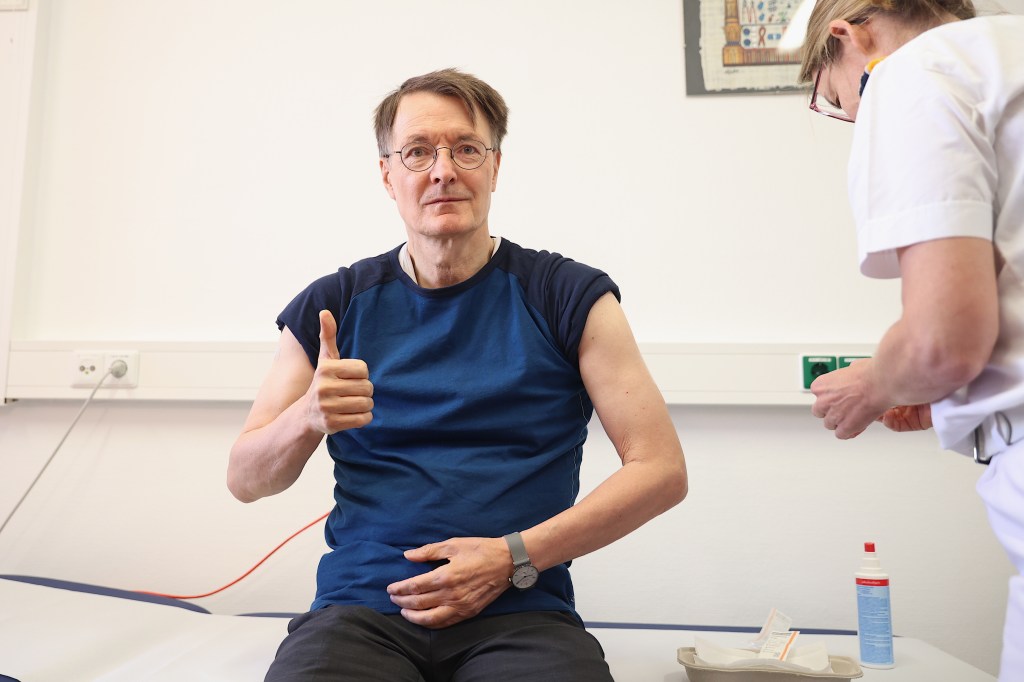The UK’s Prescription Medicines Code of Practice Authority (PMCPA) issued its final resolution in its case against Moderna that pertained to four tweets, two articles and participant information sheets the US pharmaceutical and biosciences company had published online for a Moderna-sponsored clinical trial.
All of the communications referred to the
Register for free to keep reading
To continue reading this article and unlock full access to GRIP, register now. You’ll enjoy free access to all content until our subscription service launches in early 2026.
- Unlimited access to industry insights
- Stay on top of key rules and regulatory changes with our Rules Navigator
- Ad-free experience with no distractions
- Regular podcasts from trusted external experts
- Fresh compliance and regulatory content every day












